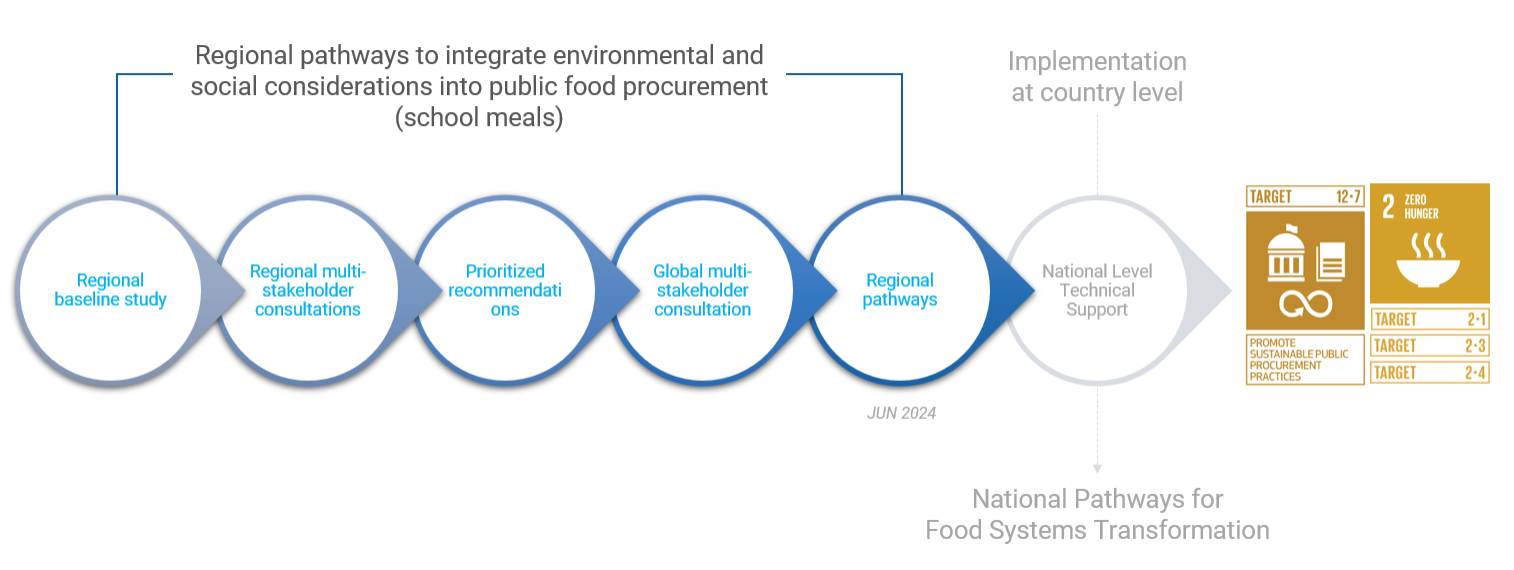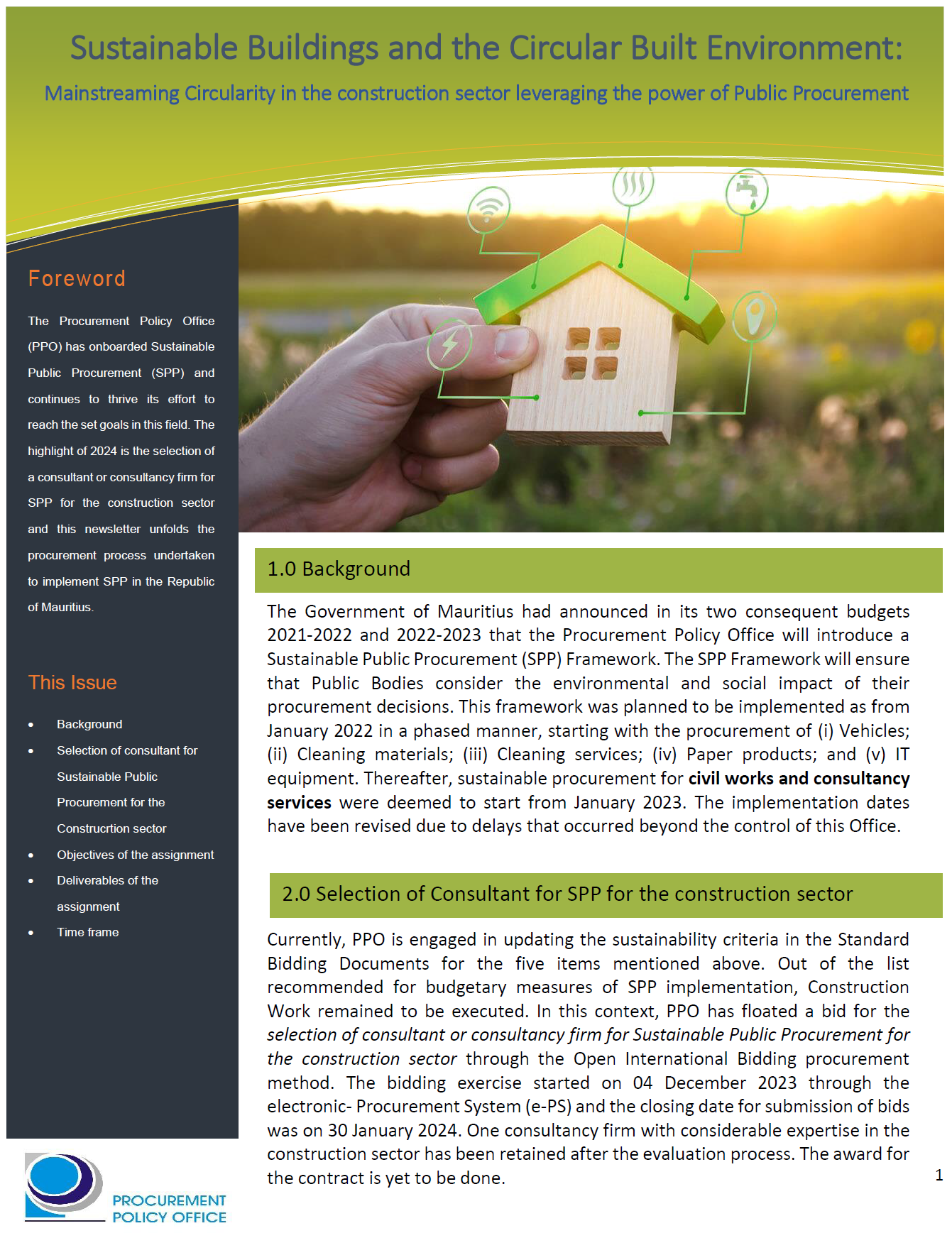Home Food Gardening Programme (HFGP)
The HFGP teaches people in very poor urban settlements how to grow their own food using natural, water-wise farming techniques and how to identify and use the waste around them in their gardens. In parallel, they learn skills that they use to generate income from garden related activities. They also learn about health and well-being and gain practical knowledge on how to prevent and/or manage common lifestyle problems and diseases.
Objectives
• Increase household food security
• Improve health and wellbeing
• Improve soil fertility and reduce environmental degradation
• Enhance human development
Individuals learn how to consistently grow their own food to feed their families whilst simultaneously reinvigorating the soil, improving biodiversity, saving water, and creatively recycling and reusing waste.
Trainees are taught how to grow food in all available spaces and how to identify and use the waste around them in their gardens. The use of biodegradable and non-biodegradable waste in the garden is a cost-effective way of building poor quality soil into healthy soil that is teaming with microbial life and able to give high yields of best quality food from small spaces.
The community-based group format of training provides a platform where people from diverse cultures integrate and communicate. Strong networks and support systems develop in and between different communities, creating positive environments for poverty reduction (e.g. selling surplus food, swopping produce, using the Community Exchange System to barter surplus produce for other services).
Trainees gain skills that they use to generate income from garden related activities such as compost-making and building garden structures. They also learn about health and well-being and gain knowledge on how to prevent and/or manage common lifestyle problems and diseases such as HIV/AIDS, malnutrition; obesity and high blood pressure.
All of the methods and strategies used in the programme are geared towards promoting long-term sustainability and community ownership. Examples include: teaching all gardeners how to save seed, prepare their own seedlings and make their own compost; facilitating the establishment of networks and interaction between gardeners; and working with trainers and assistant trainers that are members of the communities served thereby ensuring that gardeners have access to community-based support.
The HFGP is an ongoing programme. Training is implemented in 12-week cycles throughout the year followed by ongoing monitoring and support for up to four years. The establishment of home gardens starts in week three of the 12-week cycle and, provided that trainees correctly implement what they have learnt, first harvests and replanting takes place in week twelve. Soil for Life provide the practical start-up inputs (i.e. tools, seeds, compost, etc.) and hands-on support to assist with the establishment and development of the gardens. Through their involvement in the programme trainees also gained valuable skills such as plant propagation, earthworm farming and compost-making which they can use to generate some income for their households.
Ongoing monitoring and support is provided to all trainees for a period of four years - 10 support visits in the first nine months, six during the following 12 months, and 4 in the final two years. This high level of support ensures that the earth friendly techniques learnt by the gardeners are implemented correctly and that they are assisted with problems and provided with encouragement and motivation.
2016 also saw the introduction of the first Soil for Life Agri-Hub in Mitchells Plain. Modelled on our own successful Resource Centre, the Agri-Hub is situated at Beacon School for Learners with Special Needs. It is managed by a local community member who shares our passion for growing food and sharing knowledge organically. She is ably supported in the garden by two learners with disabilities from the school. The Agri-Hub supplies fresh produce to the school soup kitchen and is also being used as a skills development training venue for learners at Beacon School. They are being taught how to grow, harvest and sell vegetables, herbs and seedlings and how to produce compost and maintain a garden and plant nursery.
To increase reach and impact, Soil for Life run annual Train-the-Trainer Programmes to further develop the skills of some of the home gardeners to serve as home gardening trainers or assistant trainers in their communities. All of our Trainers and Assistant Trainers are former home gardeners and members of the communities in which we work. As such, they have in-depth insight into the real-life needs, challenges and limitations of people living in these communities. We use this knowledge to adapt our programmes when necessary to ensure that they are appropriate to the needs of beneficiaries and are being
Since the start of the HFGP in 2009, over 3,500 people have participated in this programme. They have gained the skills and confidence to grow their own food and have learnt how to identify and use all available space - from narrow alleyways to old containers and baths – for food production. They have also been taught how to look past what others consider waste and see these as valuable garden inputs and tools. This training has provided the potential for approximately 21,000 people (the gardeners, their families, friends and neighbours) to benefit from having access to healthy nutritious vegetables. It has also enabled the home gardeners to create small “green” patches of salvation in their communities and given many a sense of purpose, joy and pride that they have not experienced before.
Our work is not just about gardening, and not just about food. It is also about ‘growing’ whole people who have the skills and confidence to explore their creativity and resourcefulness and use this to help themselves on many fronts - from earning their own money, to improving their values and standards, creating healthy families and building bridges of goodwill and understanding in their communities.
Soil for Life’s model is simple and practical and could be replicated in other areas of South Africa and the world to promote food security, improved health, job creation, environmental awareness and conservation. Waste materials are essentially the key ingredient needed in our home food gardening model and these are produced by society on an ongoing basis and at an alarming rate. The model is simple, cost effective and easily adaptable to just about any environmental conditions.
Furthermore, it uses trainers who are members of the communities served and who have first-hand knowledge of the real challenges faced by people in their communities. This train-the-trainer approach is a simple and practical way of replicating the model in a way that is appropriate and relevant to local settings.
Many people who have attended our training have gone on to implement our sustainable strategies in communities in and around Cape Town and the Western Cape. We have also had people from neighbouring countries attend training and successfully apply the model in their own communities back home.
Given that the model has already been successfully replicated on a small-scale there is no reason why it couldn’t be replicated in other regions and countries worldwide.
Increased exposure to international audiences and opportunities for connecting with strategic partners across the globe would not only enable more people to become consciously aware of the world they are living in, but will also assist Soil for Life to build relationships with potential funding partners. Despite the fact that Soil for Life employs its own income-generating activities, the support and partnership of donors remains essential to its work and further development and reach.
Please contact Cindy Buske cindy@soilforlife.co.za
External source(s)
Image

Soil for Life
Project start date
04/12/2016
Project end date
04/12/2016

